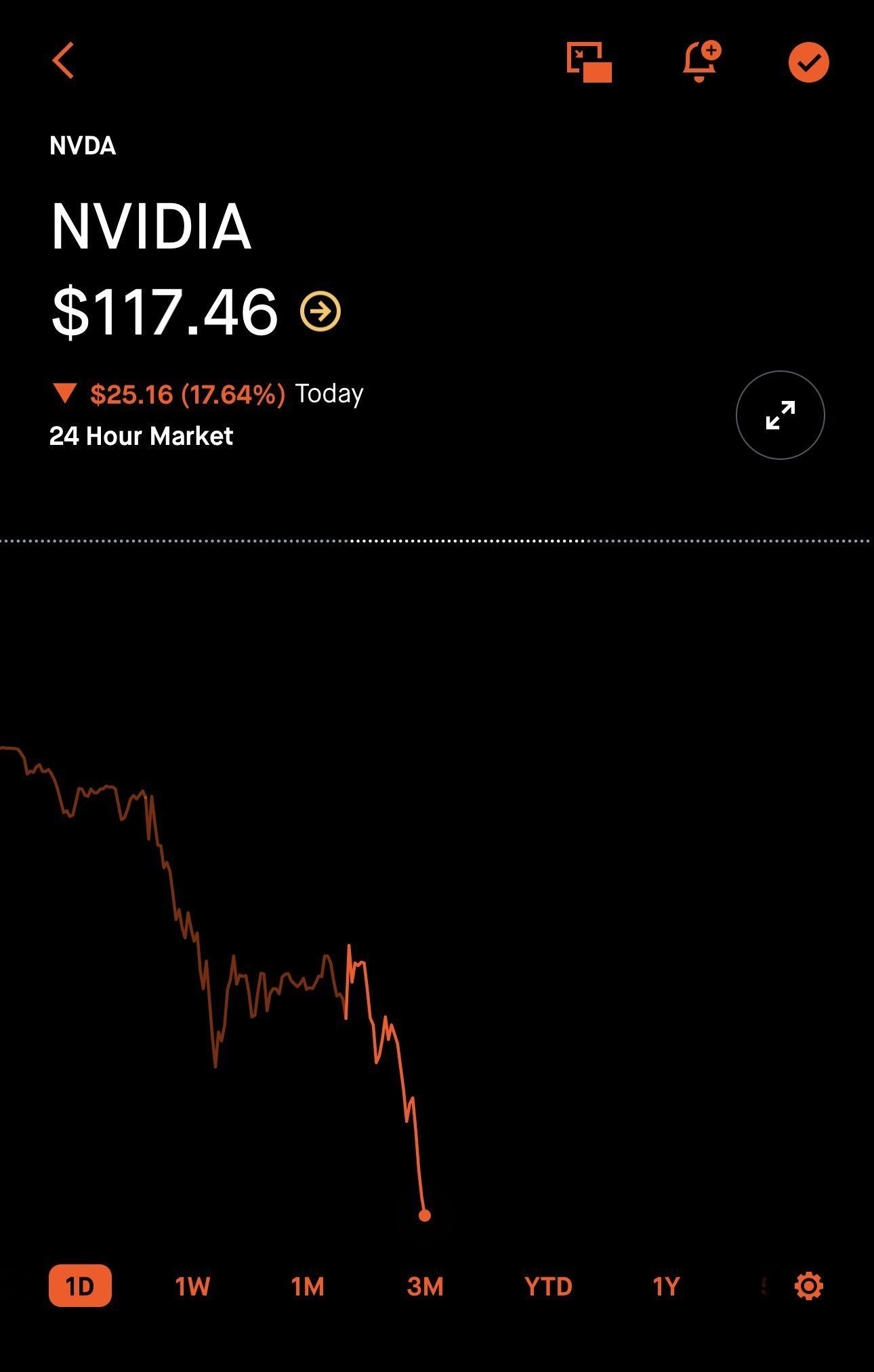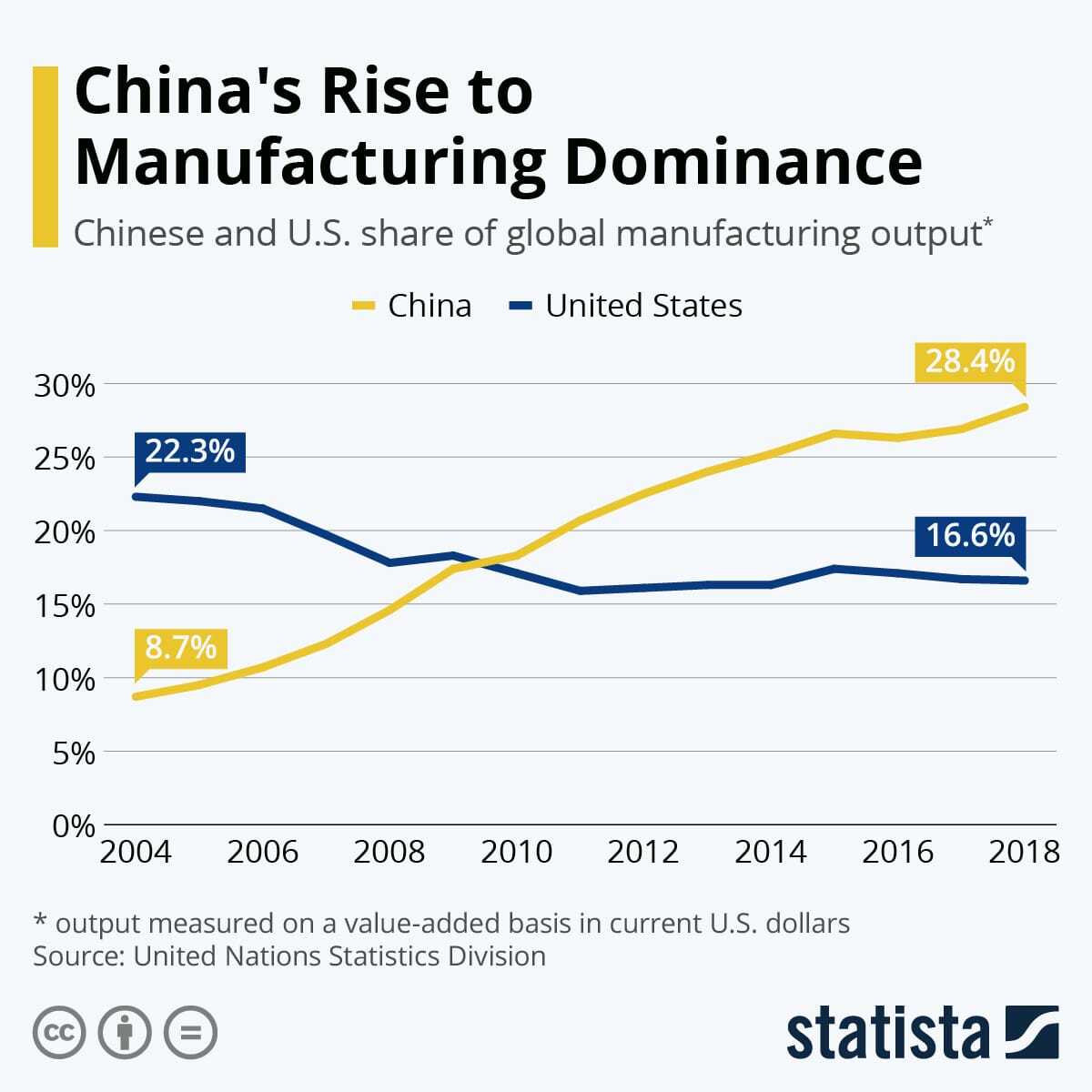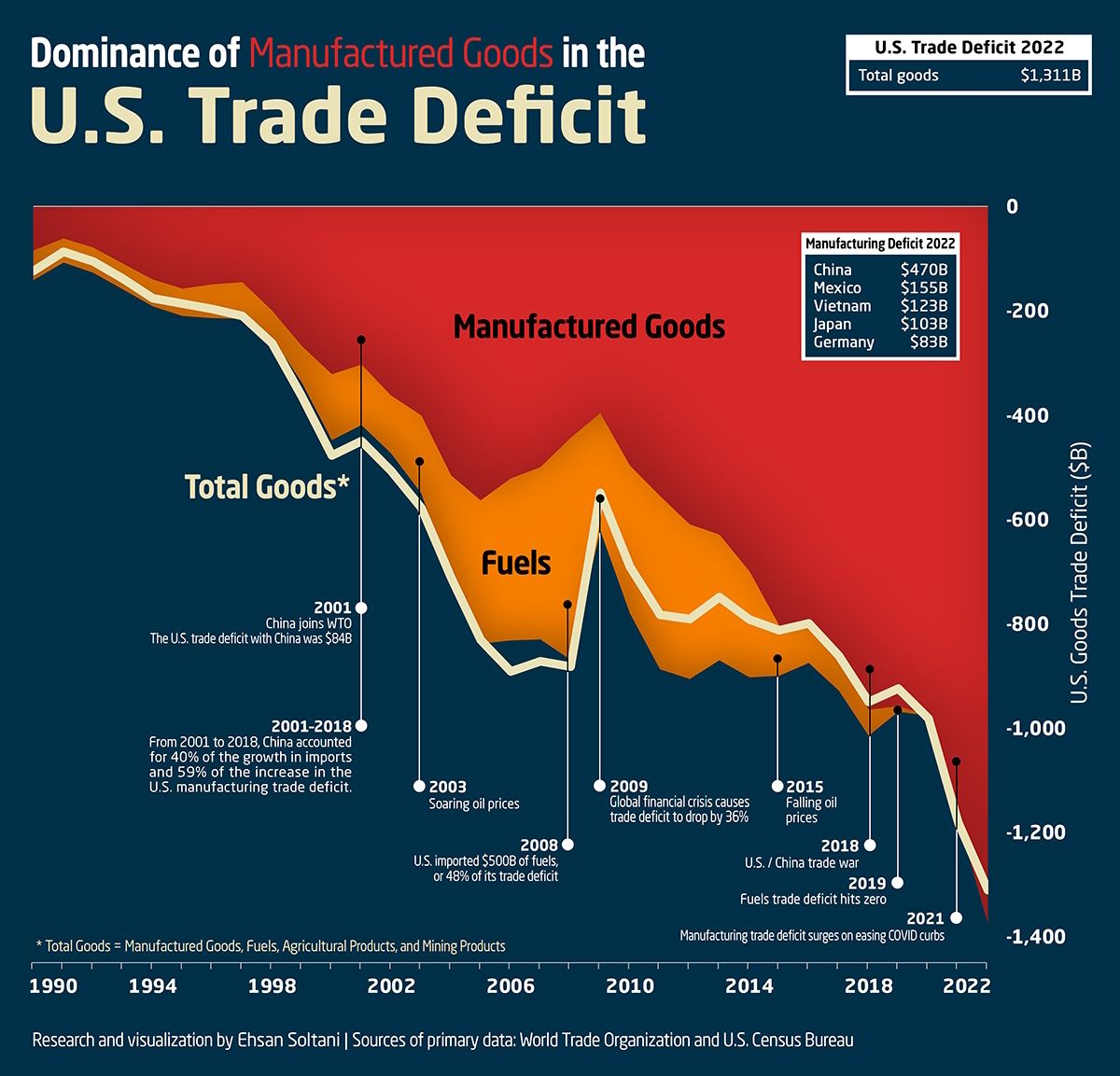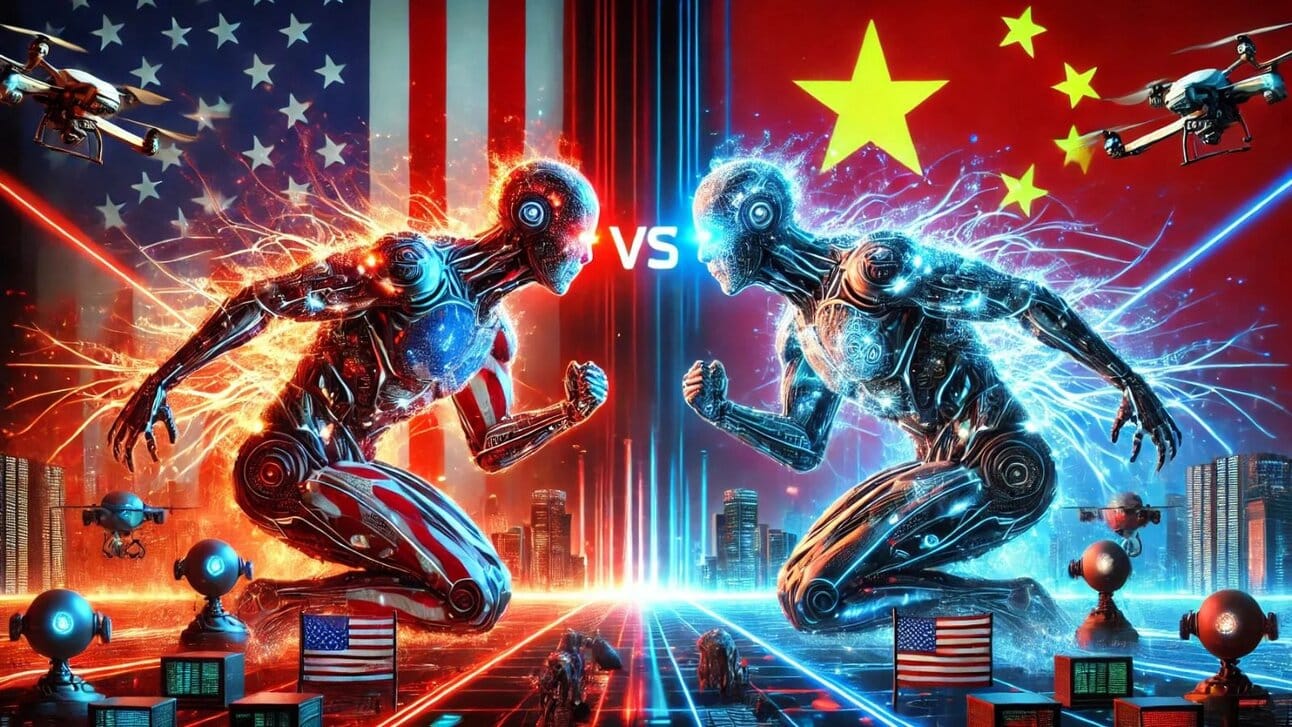Hey there, Stargazer!

A seismic shift is rocking the tech world as a $6 million Chinese AI venture accomplishes what Silicon (H1B) Valley deemed unachievable. The repercussions are immediate: NVIDIA’s valuation plummeted by over $500 billion, tech stocks tumbled, and venture capital firms are in disarray. At the center of this upheaval is DeepSeek, a startup whose breakthroughs challenge foundational assumptions about AI development and global tech supremacy.

Breaking Down the Disruption
The financial contrasts are staggering:
- OpenAI: Over $600 million invested in its latest model
- Google: Billions poured into Gemini
- DeepSeek: A mere $6 million total expenditure
Yet DeepSeek’s model now tops the U.S. App Store and outperforms rivals in advanced reasoning tasks. Silicon Valley’s perceived edge in AI has dissolved overnight. The implications extend beyond cost efficiency:
- Operating Costs: OpenAI charges $100+ per million tokens; DeepSeek slashes this to under $4.
- Infrastructure: Traditional reliance on expensive hardware, like NVIDIA’s chips, faces existential questions as leaner alternatives emerge.

A Paradigm Shift in Tech Dominance
This isn’t merely a financial upset—it’s a strategic wake-up call. While U.S. firms invested hundreds of billions, DeepSeek’s frugal innovation mirrors China’s growing prowess in critical sectors:
- Research Leadership: China now leads in AI publications.
- Resource Control: 90% of rare earth minerals essential for chips are under Chinese influence.
- Talent Pipeline: China graduates three times more STEM professionals annually than the U.S.
- Manufacturing Clout: Dominance in high-tech production accelerates prototyping and scaling.


Marc Andreessen’s comparison to a “Sputnik moment” resonates deeply. In 1957, the Soviet satellite exposed U.S. vulnerabilities, sparking transformative investments in education and technology. Similarly, DeepSeek’s open-source model—freely accessible and modifiable—threatens to democratize AI in ways that bypass traditional gatekeepers. Imagine Cold War-era rivals openly sharing rocket designs; this is the scale of disruption now unfolding.
Ripple Effects Across Industries
The fallout is already tangible:
- Corporate Reckoning: AI firms are scrambling to reassess bloated budgets.
- Cloud Providers: Profit margins from AI services risk evaporation.
- National Security: U.S. defense circles are urgently evaluating implications.
Historical Echoes and Future Battles
The Sputnik crisis catalyzed NASA’s founding, educational reforms, and the Apollo missions. Today, proposed initiatives like a $500 billion federal AI project hint at recognition of the threat. Yet China’s strategy—prioritizing ingenuity over sheer expenditure—poses a unique challenge. Can the U.S. adapt its approach, or will it cling to outdated models of innovation?

The Path Forward
Sputnik-era America transformed panic into progress by acknowledging its gaps. The question now is whether the U.S. tech ecosystem can pivot with similar agility. As open-source AI erases barriers to entry, the race isn’t just about who leads—it’s about who redefines the rules of the game.
The world watches to see if this moment ignites a new era of collaboration, competition, or confrontation. One truth is clear: the age of AI monopoly is over.
Thanks for reading, please like, share and subscribe.

